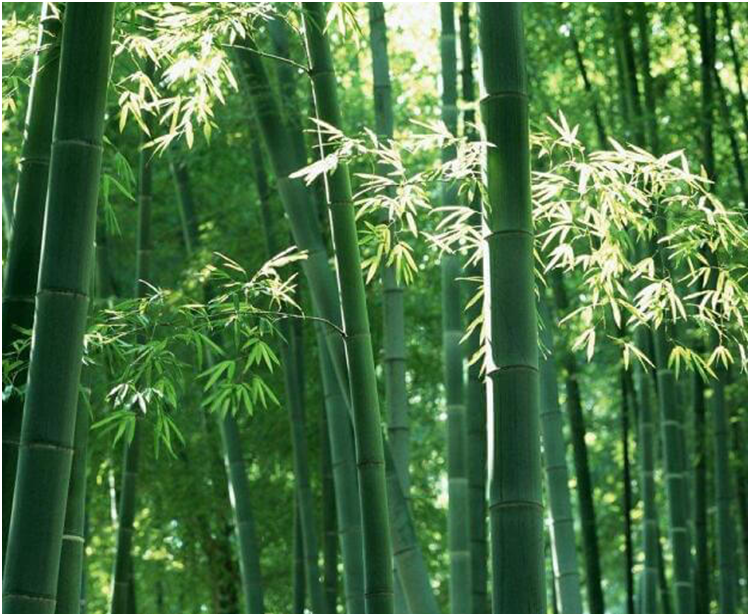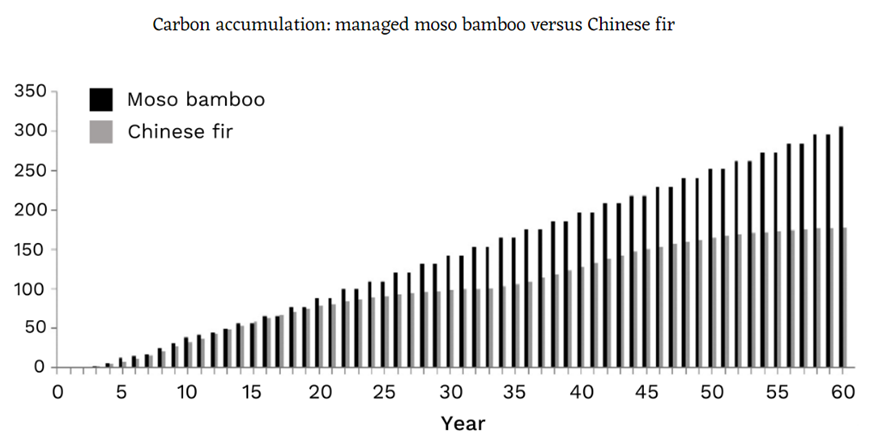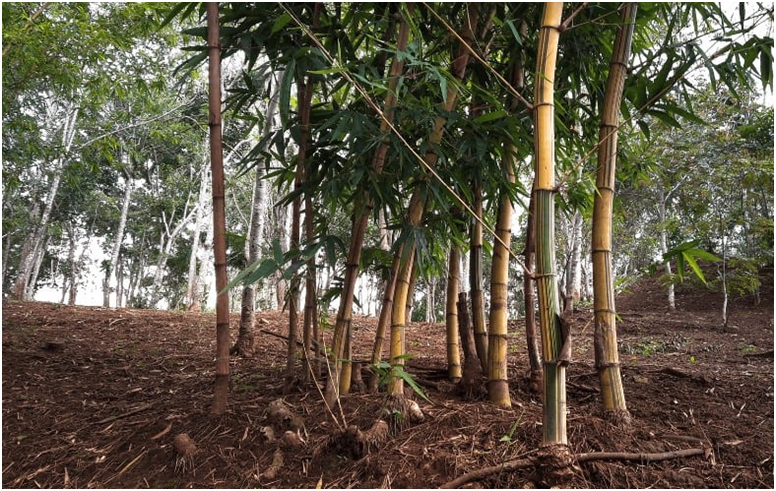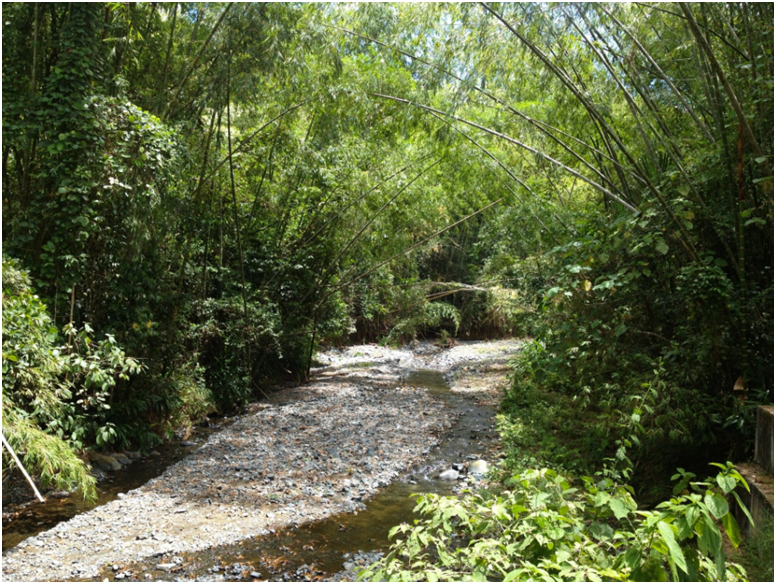Why Bamboo is An Amazing Climate Solution?
As the struggle to stop climate change intensifies, the world must find more sustainable alternatives.
Many environmentalists are looking to bamboo as something of a miracle plant, due to its ecological value.
How can bamboo fight climate change? Read about the benefits of bamboo below, and discover
why bamboo is such an amazing plant!

1. Sequestering carbon
Bamboo plants absorbs enormous amounts of greenhouse gases, and because of its rapid growth, bamboo is very useful as a tool for carbon sequestration, which is superior to a number of tree species. One newly planted bamboo plant can sequester 2 tons of carbon dioxide in just 7 years. In comparison, a typical hardwood tree will sequester 1 ton of carbon dioxide in 40 years. One Study estimates that a one-hectare plantation of bamboo and its products could store 306 tons of carbon over a 60-year period compared with 178 tones for Chinese fir trees.
Because of bamboo’s massive rhizome root system, its carbon sink remains effective even when individual culms are harvested. In other words, you can cut down bamboo poles without releasing CO2 from its carbon sink. This is another important benefit.

Bamboo is also superior at preventing soil erosion and flooding due to its rapid growth, permanent canopy and huge network of roots and rhizomes. The root system that grows in the surface layer of the soil (20 - 60 cm deep), can reach up to 100 kilometers per hectare. Rhizomes can survive for more than a century, allowing the bamboo to regenerate even if the stems would be cut or destroyed in a fire or storm. Bamboo rhizomes are especially useful for binding topsoil and to prevent the erosion of slopes, riverbanks, degraded land, or to control areas that are frequently affected by landslides.
As well as its extensive root system, bamboo is a famously fast-growing woody plants. It is able to revegetate and restore productivity to bare land over a short period. In fact, sustainable harvesting of bamboo, at between a sixth and a third of the stand per year, encourages even thicker growth of the stand in subsequent years.

3. Conserve the Water
Bamboo’s root systems promote water percolation and infiltration. Bamboo acts as a reservoir. In the rainy season bamboo absorbs large amounts of water, it stores the water both in its rhizomes as in the stems and soil. This means that bamboo has a high water storage capacity. Later on, due to the effects of concentration, the water is returned to the soil, rivers and streams during the dry season.
One hectare of bamboo can store approximately 30,000 liters of water. Bamboo's extraordinary ability to hold and control large amounts of water makes it a plant that can help reduce soil desertification.

Besides, bamboo can also help protect the earth from potentially harmful chemicals. Bamboo can be a very sustainable crop: a fast-growing grass, it requires no fertilizer and self-regenerates from its own roots, so it doesn’t need to be replanted.
Now that you know more about why bamboo is such an eco-friendly choice and why it’s good for the environment.
Future needs bamboo, make it happen.
